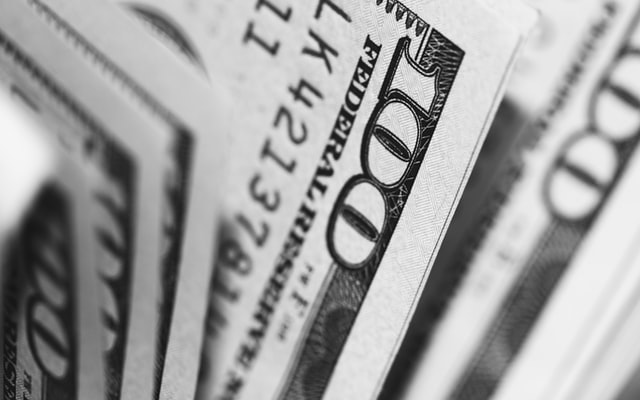 ADA believes that the way that political campaigns are financed in America not only leads inevitably to corruption, but helps to preserve the status quo by re-electing politicians beholden to well-financed special interests. It has long been time for significant campaign finance reform in America. However, attempts to rectify the situation are continually stamped out by special interests and politicians who benefit from the status quo. We are fortunate to have recently enacted a good campaign finance law in New York City; however, the city offers incentives but no penalties (unless one opts into the program to get public financing, one is not subject to its restrictions).
ADA believes that the way that political campaigns are financed in America not only leads inevitably to corruption, but helps to preserve the status quo by re-electing politicians beholden to well-financed special interests. It has long been time for significant campaign finance reform in America. However, attempts to rectify the situation are continually stamped out by special interests and politicians who benefit from the status quo. We are fortunate to have recently enacted a good campaign finance law in New York City; however, the city offers incentives but no penalties (unless one opts into the program to get public financing, one is not subject to its restrictions).
We support:
- Public financing of elections. New York City has recently enacted a law that provides 4:1 matching funds for contributions of $250 or less for candidates who opt into the system, which restricts candidates to small donations and demands full disclosure. We support a similar system in state elections, and in all elections nationwide.
- Full donor disclosure. Part of the problem with the current system of donations is that it is often difficult to know precisely where the money is coming from. Multiple donations to the same candidate, through “bundling”, PAC’s, businesses, and soft money, are all too common. A system which requires full disclosure of all donation information would help.
- A ban on “soft money”. So-called “soft money” is money which is donated not to a candidate, but to an organization, which can then run advertisements of their own, making their cause or candidate look better, or the other cause or candidate look worse, without ever explicitly asking the viewer/reader to vote for their candidate in the election. Soft money is completely unregulated in America, which allows big business and other special interests to spend unbelievable amounts of money on getting their candidate elected.
- Publicized debates on the issues. As it stands, elections are frequently won by the candidate who has the best television commercial, which may or may not relate to actual issue differences between candidates. If before every election there were well-publicized televised debates on the issues, voters would have a better understanding of the differences between the candidates. Whereas local races could not get the sort of thorough coverage that statewide and national races could, debates could always be held on public access television and in local community centers.
- Computerization of records. In New York State, although there are requirements that donation information be made public, there is no law mandating easy accessibility. Many records are only kept in paper form, often with difficult to read (sometimes deliberately so) handwriting. There ought to be a requirement that such documents be made truly public by being computerized and accessible on the Internet.
We oppose:
- Restricting the power of unions without restricting the power of business. The right wing version of campaign finance is usually a thinly disguised attempt to weaken the power of unions by removing their ability to donate to candidates who support pro-union positions. The argument they use is that union members may be unwittingly or unwillingly donating to a candidate whose views they oppose. However, the same argument holds true for stockholders in a corporation. Corporations also donate substantially more to both parties than do unions, and as a result wield considerably more influence. Don’t try to ‘fix’ union power without getting at the real problem.
- The theory that money is free speech. It is often argued that a multi-millionaire (or billionaire) should be able to spend as much of their own money as they want, touting him or herself as a candidate. The basis of this theory is the notion of the Constitutional protection of free speech. However, while the Constitution allows everyone to speak one’s mind, it does not grant one permission to use a megaphone. Having a huge amount of money should not entitle one to more of a right to the public’s ear than dedicated, hardworking Americans who do not have millions.